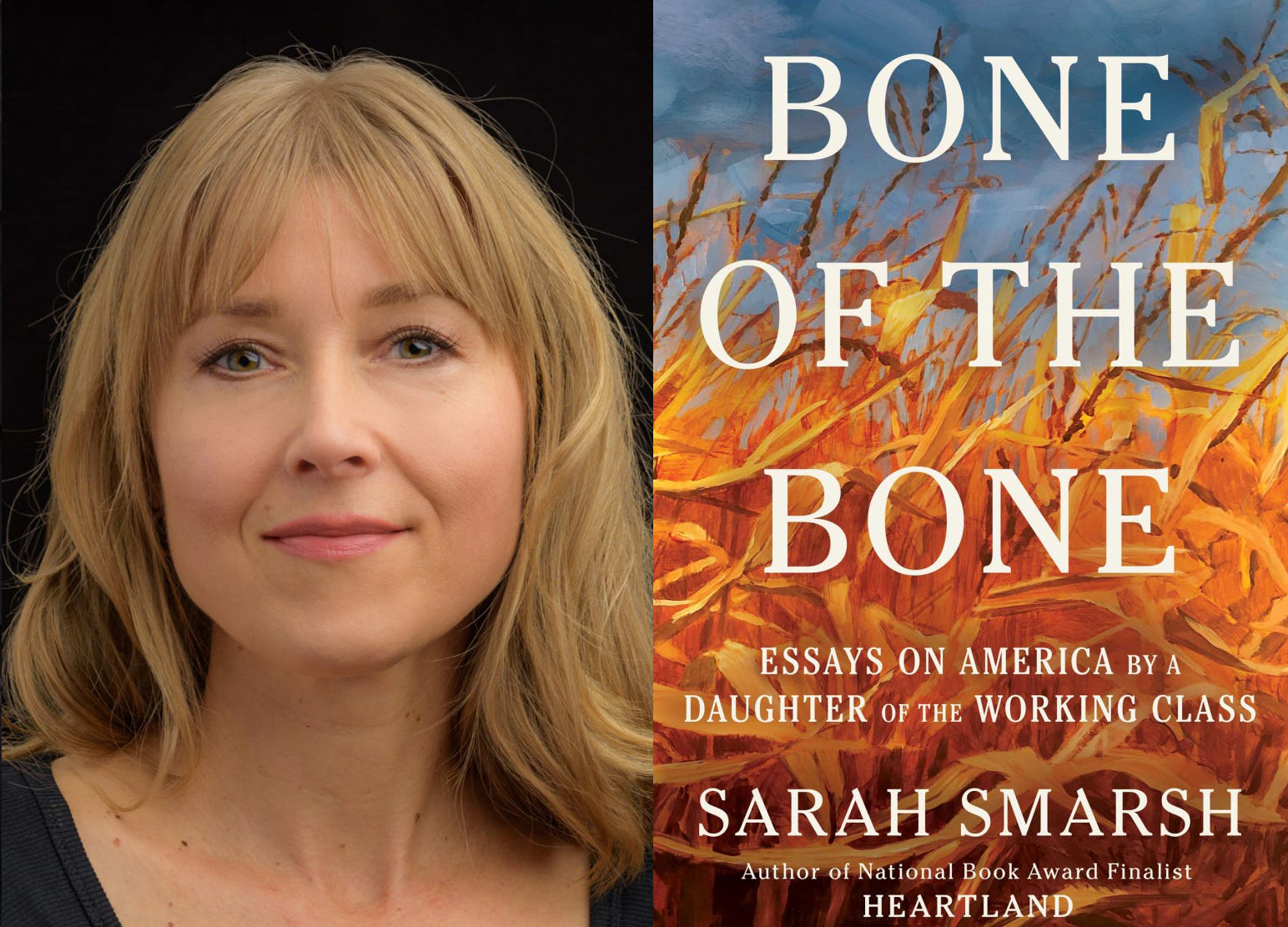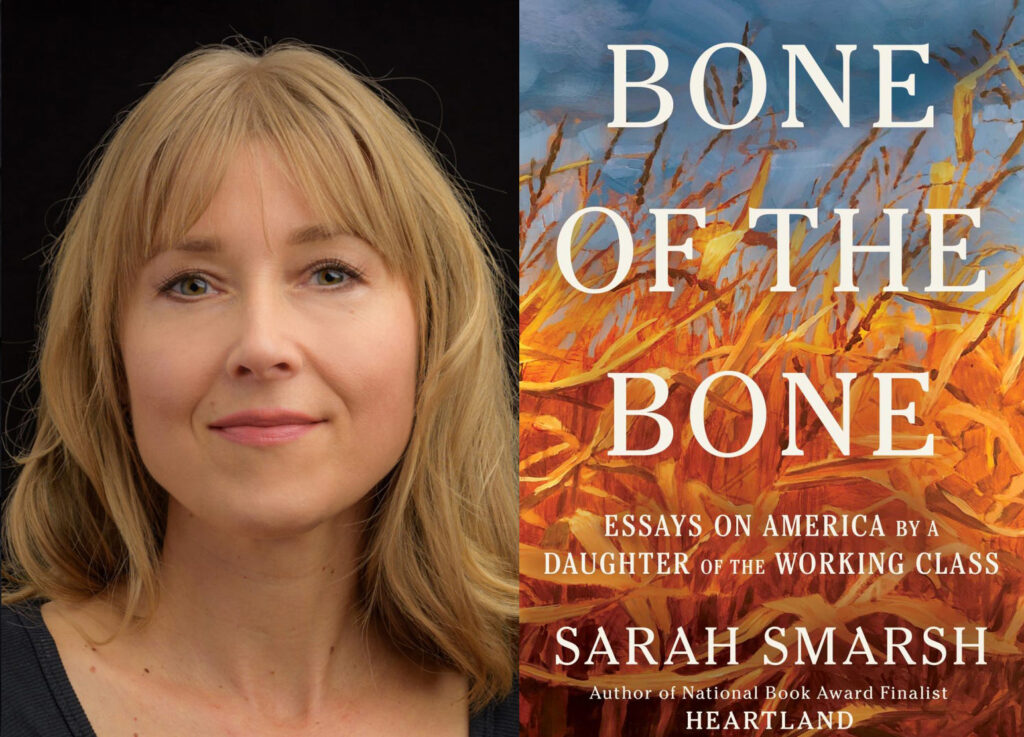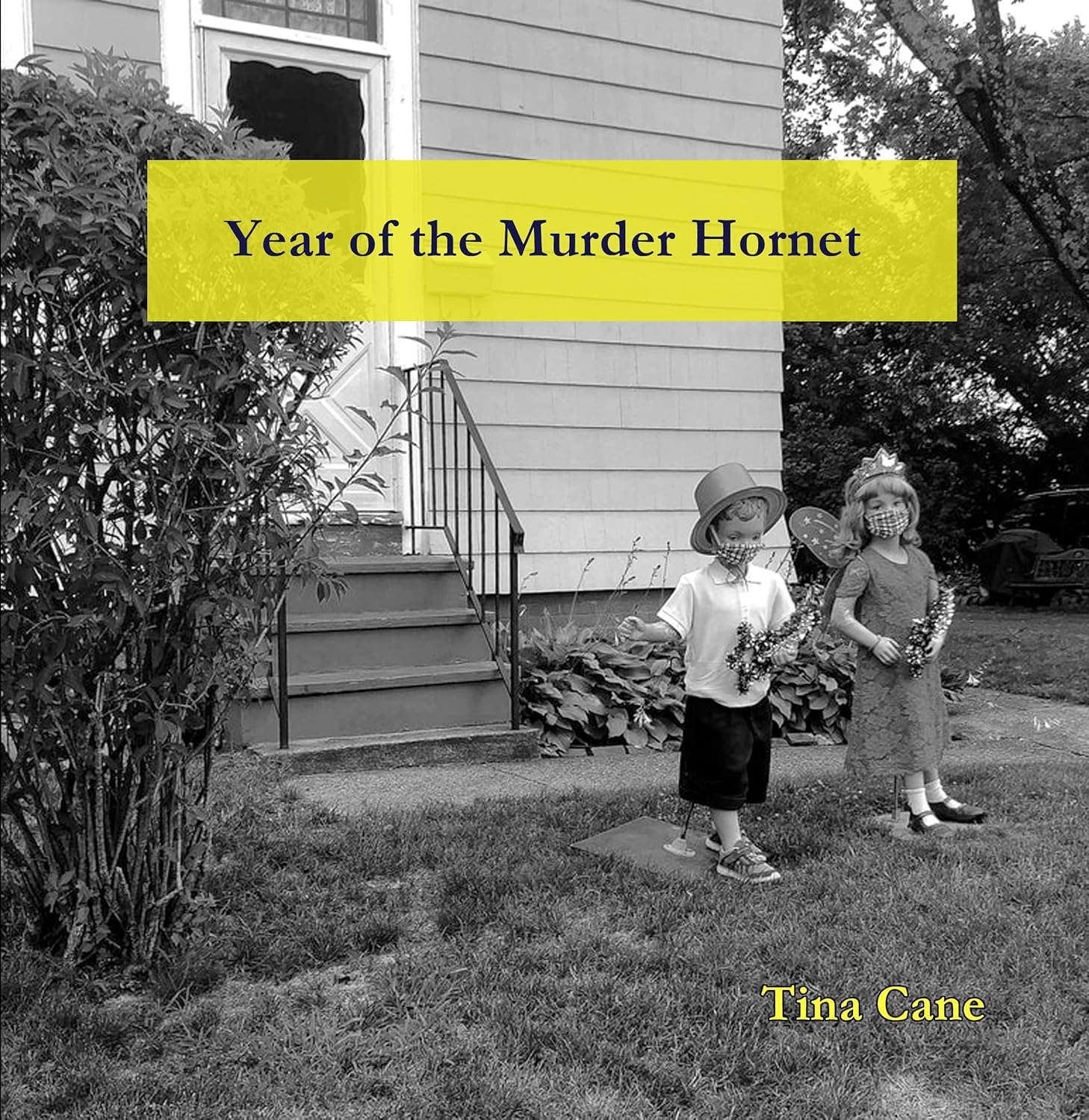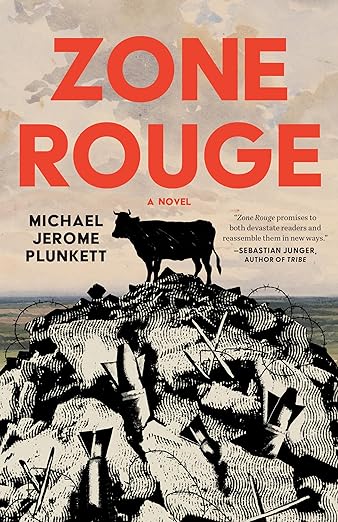Telekinesis stories are the girliest stories because they don’t stop
at The Body. They say your borders are so made up. Girlhood is more
than ovaries tossing replica moons at the feet of The Moon.
Our home address is a syntax that serpentines like a mouse
attempting to cross, unperceived, the grandest of ballrooms.
That’s us, always leaping into the getaway car of daydream,
lit up lavender & tangerine. We are dancing with our mouths
like no one is listening because no one is listening but us.
It’s the wild freedom of silly gooseness, feathers to cushion being told
you’re useless, repeatedly, while still being used for everything. It’s waiting
in the waiting room’s washed-out light thinking I am
an exhausted mine. No matter how much care you pour into it,
The Body’s narrative is betrayal. This expirational thing.
Do you really want us to end there?
Jen Jabaily-Blackburn is the author of Girl in a Bear Suit and works as the program and outreach coordinator for The Boutelle-Day Poetry Center at Smith College. Originally from Braintree, Massachusetts, she now lives in Easthampton, Massachusetts, with her family. For more, find her at www.jenjabailyblackburn.com.














